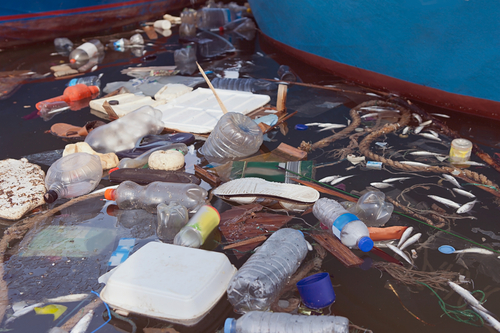Owners and operators of ocean-going vessels and fixed offshore installations will know that the issue of marine sewage treatment is a very serious one. It’s bound by some exceptionally complex regulations, so it’s vital that everyone involved in the industry is fully aware of their obligations and responsibilities.
Falling foul of these regulations can prove to be a disaster for the local eco-system, and of course can prove financially damaging if prosecutions result. Most people see examples of raw sewage in the sea, especially along coastlines, and immediately think of the eyesore that has been created, but they tend to ignore the potential effects on the nearby marine life.
The harsh truth is that untreated sewage is extremely dangerous, and that’s why the penalties for ineffective marine sewage treatment are so harsh. If you’re an owner or operator in the maritime industry, you should be doing all you can to ensure your vessels and installations are not breaking any laws.
Proximity to the coastline is the potential danger area
The majority of raw sewage that we see is from land-based processes, but there are always instances of such materials arriving from ocean-based sources. In the main, vessels and installations are allowed to discharge sewage if they are more than 12 miles from shore, because the sea is capable of dealing with these waste products. Any closer to the coastline, and the operators know they face far more stringent laws.
Without effective marine sewage treatment, these materials represent a genuine health risk as well as the potential of damage to the environment. One of the more immediate threats is oxygen depletion of the sea itself. Thankfully, it’s possible for owners and operators to remain within the law at all times with testing kits from Marine Testing Solutions.
Regular use of these kits can help your operation to remain on the right side of the law. With MTS on your side, you can be sure that your marine sewage treatment processes are safe, environmentally friendly and fully compliant with all current regulations. It’s impossible to put a price on peace of mind when you’re involved in the ever-changing world of the maritime industry.

